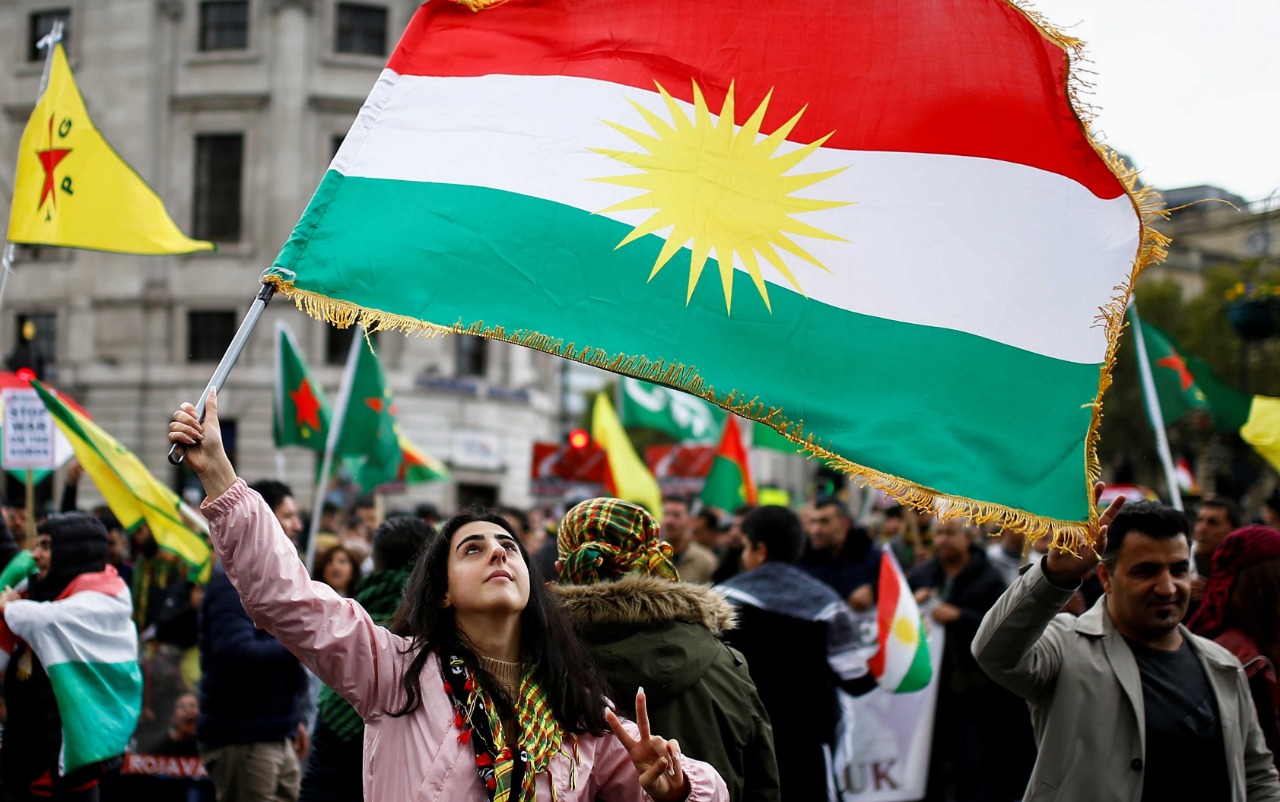In 1923, the Treaty of Lausanne formally terminated the Ottoman Empire and modern Turkey was born.
Its first President, Kamal Atatürk, ensured that modern Turkey would be a secular state and would solve its international challenges peacefully.
Democracy was difficult to establish, and Turkey floundered between weak democratic governments and military dictatorships.
This all ended in 2003, when Recep Tayyip Erdogan was first elected Prime Minister and, in 2017, became the executive President of Turkey, consolidating his power and creating an authoritarian populist state. He eschewed Atatürk’s secularist policies and Turkey became an Islamic state with little patience or tolerance for minorities.
Erdogan is an authoritarian populist hell bent on “making Turkey great again”, perverting Atatürk’s dream of a secular state as he aims to revive the Turkish Empire that democracies vanquished in World War I.
Western democracies must come to terms with the fact that its erstwhile NATO ally no longer shares the alliances commitment to democracy and acceptable modes of international behavior. As well, Turkey’s imperialistic objectives could drag its NATO allies into conflict should it be attacked and demand that NATO come to its assistance.
The Kurds and Armenians are Turkey’s most visible victims, with Libya not far behind. Turkey continues to occupy Syrian territory in the north of that country and has sent troops to both Azerbaijan during the current conflict with Armenia. While legally part of Azerbaijan, the territory’s population is almost 80% Armenian.
Turkey has been accused of carrying out a genocide against its Armenian population in 1916, and this has been a bone of international contention ever since.
The Kurds have been traditional enemies of the Turks and have suffered Turkish opapression throughout their history. While staunch allies of the West and excellent fighters against the Islamic State (ISIS), the Trump administration recently withdrew its support for Kurdish military efforts against ISIS and the Syrian government and led the Kurds to switch sides and ally themselves with Syria’s Bashir al Assad and his Russian allies.
As The New York Times reported on October 23, 2019, “The Kurds’ deal with Damascus paved the way for government forces to return to the country’s northeast for the first time in years to try to repel a Turkish invasion launched after the Trump administration pulled American troops out of the way”.
On another front, since the 2013 coup in Egypt (a major supporter of the armed opposition in the Libyan civil war), Erdogan has supported Egypt’s opposition and banned Muslim Brotherhood in keeping with its Islamist orientation. Turkey has repeatedly warned Egypt to stay out of Libya, while Egypt’s President Al Sisi remains intent in keeping his hand in what he considers to be Egypt’s sphere of influence.
Turkish-Greek relations continue to be delicate as Turkey flexes its diplomatic and military muscles in the Eastern Mediterranean over control of oil and gas reserves, and the controversy over Cyprus continues to affect relations between both countries.
Recently, France sent naval forces into the area to buttress the Greek position. French president Macron faces tough opposition from the anti-Muslim National Rally, and shares France’s traditional sympathies for Armenian and Greeks. And, after two Islamic terrorist beheadings of French citizens in two weeks, anti-Islamist sentiment is sure to increase substantially in France, as is anti-Turkish sentiment given Erdogan’s reaction to the French President’s comments.
So, how do NATO and Western governments manage Turkish expansion?
NATO should suspend Turkey from the Alliance and the European Union should suspend economic benefits that it currently provides. A strong stand now could well prove effective. While some may argue that this could lead Erdogan right into the arms of the Russians, he already seems to be there, given his recent purchase of a major missile system from Russia.
So, we must ask, absent any US leadership, are European democracies willing and able to take a strong stand against a bellicose and expansionist Turkey?
Edición: Ana Ordaz
La FGR y la SCJN tiene cuentas pendientes para resarcir el daño de los regímenes pasados
Andrés Silva Piotrowsky
Hermana de paciente con cáncer solicita pago de despido injustificado de la Seder
Astrid Sánchez
